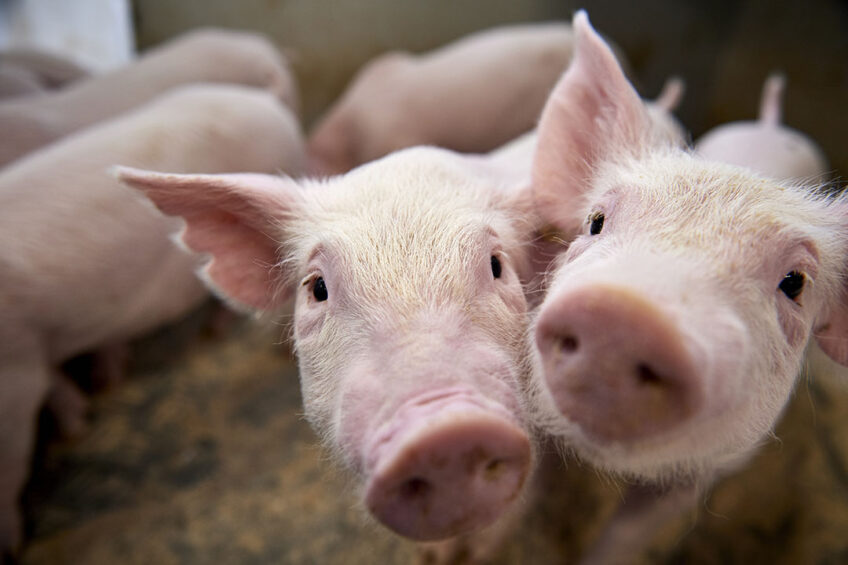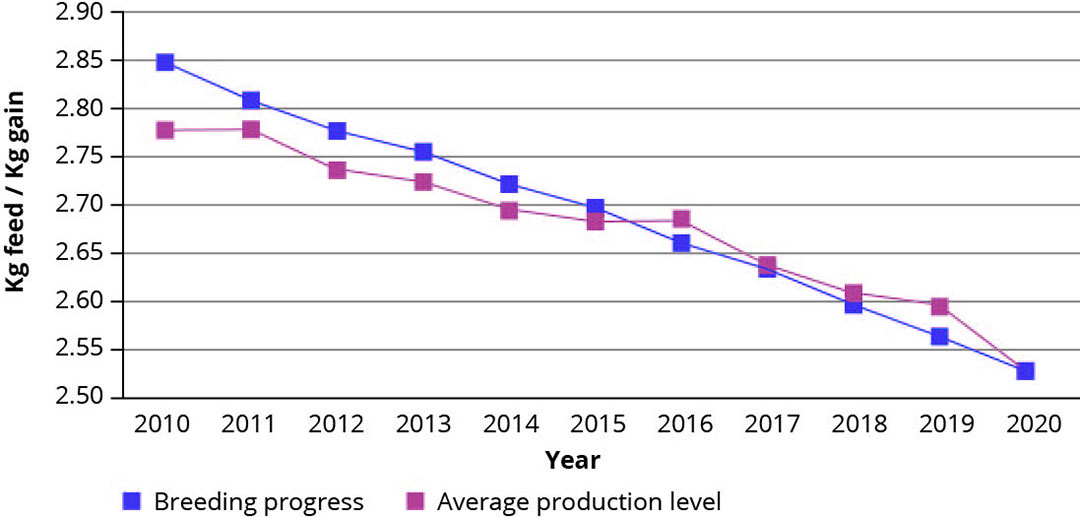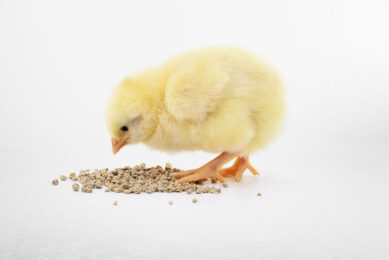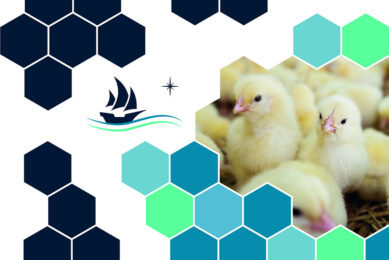Balanced breeding for sustainable production

Sustainability is high on the agenda of public debate, also within agriculture. So, ensuring more sustainable pork production is as crucial as ever.
As consumers around the world grow increasingly aware about climate change, pork must compete with other types of protein that are viewed as more sustainable, e.g., poultry, plant-based products, or other alternatives to meat products. Consequently, making the production of pork more sustainable is crucial to ensure that pig producers maintain their license to produce in the future. That begs the question: how can pig genetics and balanced breeding contribute to a more sustainable production of pork in future?
Contributing to a more sustainable production is a fundamental premise for DanBred’s balanced pig breeding programme. The progress in the breeding programme is the primary cause of the approx. 26 % reduction in CO2 emissions from Danish pig production seen from 2005 to 2016 (based on data from Aarhus University, 2021). And similar benefits are expected globally, as other countries use DanBred genetics to a larger extend.
Figure 1 – Feed Conversion Ratio (FCR), 30-115 kg.

The perfect tool to improve sustainability
When feed efficiency is improved (Figure 1), the individual pig consumes less feed from birth to slaughter, which reduces the carbon footprint. The same benefits are seen, when improving growth rates: by reducing the time to slaughter, the amount of feed needed is also reduced.
The breeding progress has resulted in an impressive improvement for feed efficiency, which means that DanBred finishers reach the same slaughter weight using 22 kg less feed than 10 years ago. On top of that, daily gain has improved by 132 g per day over the past 10 years, which has reduced the time from birth till slaughter with 13 days.
Every time DanBred improves feed efficiency with 0.15 kg feed/kg growth, the feed consumption is reduced with 9.5 kg per finisher, which results in an expected reduction in CO2 emissions of approx. 5 kg per pig.
Productivity and sustainability go hand in hand
At the same time, the breeding progress for larger litters of robust piglets means that the sows can produce more piglets than previously. This means that fewer sows can produce the same number of finisher pigs with less feed.
Balanced breeding contributes to a more efficient production, which leads to a more sustainable production. Pig producers around the world can look forward to a future where DanBred will ensure increased breeding progress for the traits that contribute to a more sustainable pig production.
Reach out to us at danbred@danbred.com for more information.
Click here to join the success for a more sustainable future







